FGCU becomes a Blue Zones certified worksite, encouraging longer and healthier lives on campus
September 26, 2022
FGCU takes pride in the sustainability that they teach and practice on campus. As the university continues to grow its efforts to promote “green” values, they have been recognized as the first university to become Blue Zones certified worksite in Florida.
On Aug. 17, an email was sent out to university employees informing them of the Blue Zones Pledge and how the purpose of this is for Southwest Florida residents to live longer and healthier lives. They needed a minimum of 25% of the faculty and staff to sign the pledge in order to make FGCU a certified worksite.
“Within a week, we had 150% of our target mark, and we still have individuals that are signing up,” Dr. Tom Felke, Associate Dean for Academics and Associate Professor at Marieb College of Health and Human Services, said. He also leads the Southwest Florida Blue Zones food policy task force.
Felke explains that the Southwest Florida Blue Zones project began primarily down in Collier County because of a man named Dan Buettner. He was a National Geographic fellow and studied different areas where people had the longest life expectancy. He studied Italy, Okinawa, Japan and Loma Linda, California.
“In looking at that, he developed what he called the Blue Zones Project. And the Blue Zones project primarily has nine principles defined as the Power 9,” Felke said. “The Power 9 are basically principles by which Dan saw in combination, commonality in these different areas, and then kind of codified all of that into a program by which they can be implemented in communities for the purpose of increasing community and individual health and wellbeing.”
The Power 9 consists of move naturally, purpose, downshift, 80% rule, plant slant, wine @ 5, belong, loved ones first, and right tribe.
Felke said that about a year ago, he put together a campus committee that consisted of faculty members from different academic units, administrators, human resources employees, service-learning employees and dining services employees.
Dr. Randy Upchurch is a professor in the School of Resort & Hospitality Management and is a part of the Blue Zones Project retail and food service committee. He reaches out to food suppliers and small markets in the community to explain the benefits of placing healthier foods more visible in their stores.
“I live this, it has changed my life. It truly has, and it’s going to change many of our future leaders,” Dr. Upchurch said.
Dr. Upchurch said that the “80% Rule” and the “RealAge test” are some of the fascinating tools that Blue Zones provides. He follows the 80% Rule by listening to his body to stop eating when he’s 80% full. He said that this allows him to focus more on his intake which allows him to eat better. According to the Blue Zones website, the RealAge test looks at your habits, food intake, sleep schedule and other areas of your lifestyle and explains what needs improvement to live a happier and healthier life.
Their next goal is to gain recognition as a Blue Zones certified campus with the help of the student body.
“There really is no hidden agenda here,” Dr. Upchurch said. He said that there are FGCU graduates that were aware of the process of making the university a certified worksite and would be willing to talk to the student government and the student body about the Blue Zones Project. “Wouldn’t it be great to have eagles talking to eagles?”
The Blue Zones committee believes that students will respond well to the Blue Zones initiative.
“I think that it’s a good thing that FGCU is encouraging healthier lifestyles because sometimes students tend to get caught up in the chaos of school and having a job that they forget to eat healthy and practice healthy lifestyles,” Claudia Kaul, Senior and Cycle Bar Expert at CycleBar Naples, said. “I think the idea behind it is good, but I think they should implement a way for students to hold themselves or each other accountable for healthy lifestyle changes.”
FGCU students have already been practicing some of the Power 9 principles before even knowing about the Blue Zones Project.
“I’d be willing to try something like this, just because I already try to integrate these practices into my daily life and it would be nice to have the accountability,” Junior Abbi Jalbert said.
Their goal is to make it easier for students to have access to these healthier choices because the hardest part of living a healthy lifestyle is starting.
“We really want to be putting on events and activities for students that are going to benefit their health and well-being, whether that’s physical, mental, food, whatever it may be. To that extent, we already have some Blue Zones approved menu items in SoVi [Dining], we’re going to be looking to get some of those at the Boardwalk,” said Felke. “We want to look at the vending machines, we want to look at the Grab and Go services.”
Felke explains that there’s nothing mandatory in regard to this initiative. It’s voluntary and the pledge is made to make a personal commitment to yourself.
“Southwest Florida is now a Blue Zones community… we would be more representative if we were a Blue Zone institution. It doesn’t mean that everything’s well and safe and perfect for everyone. It means we have a base and a foundation, so now we can really address trying to continue to make the southwest Florida communities well and healthy for all inhabitants and everyone that lives here, whether it’s public policies and access to a healthy diet, healthy activities, mental wellness, all of these things,” Dr. Patti Bauer, Assistant Professor in the Department of Rehabilitation Sciences and FGCU Blue Zones committee member, said.
Dr. Bauer pointed out that the university has already made unique efforts to promote healthier choices on campus, referring to Prevention and Wellness, Eagles Care, the nature trails, bike stations, the rec center, Northlake Village’s waterfront and the Food Forest.
“This [worksite] recognition is the next step that was going to help us continue to truly serve our community, our faculty, staff and students,” Dr. Bauer said.
































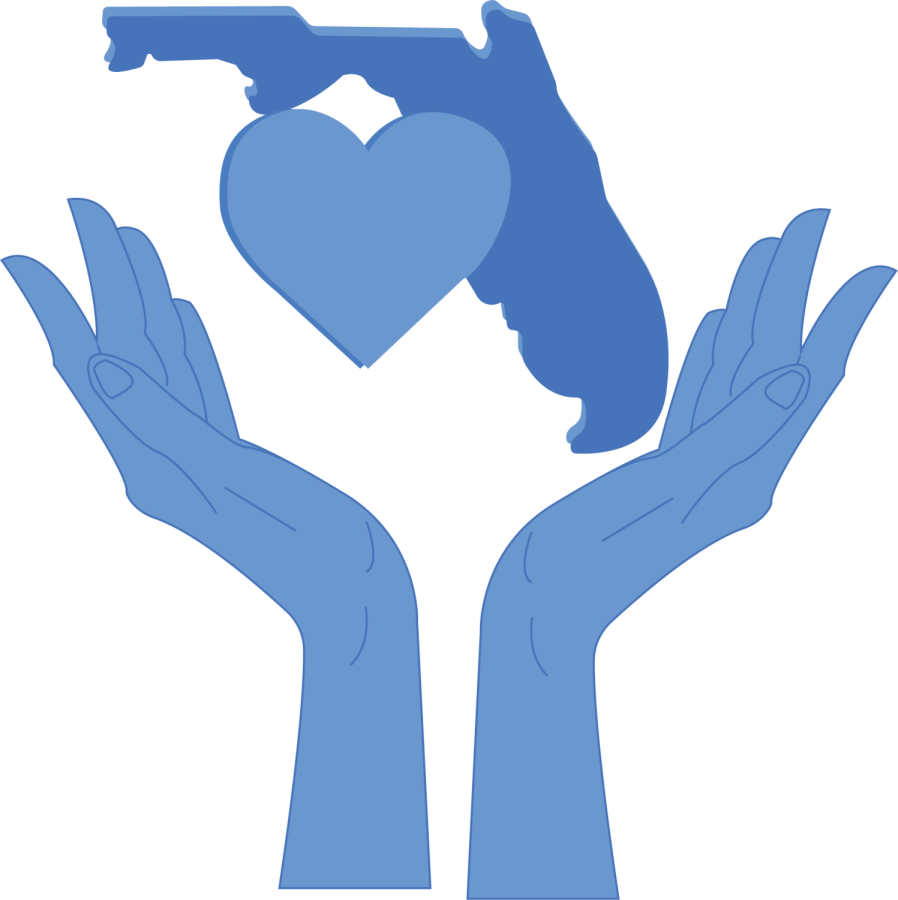
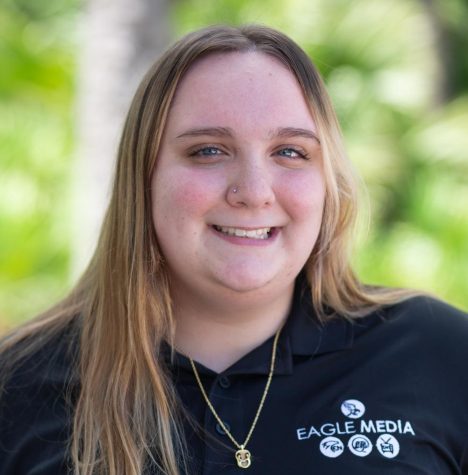
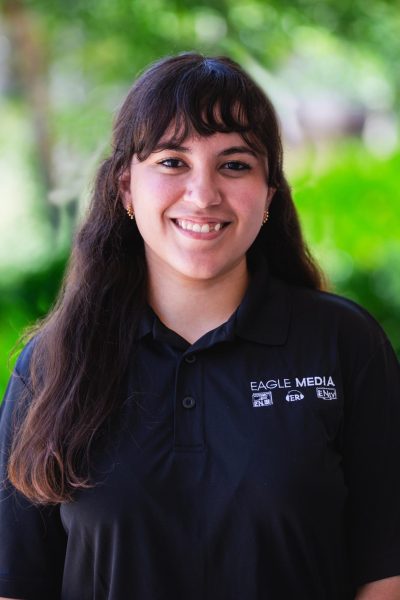


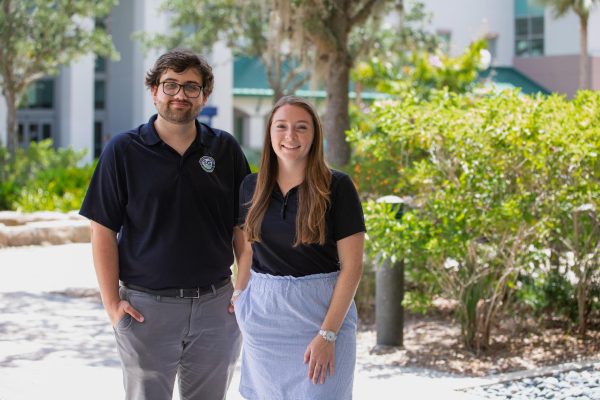

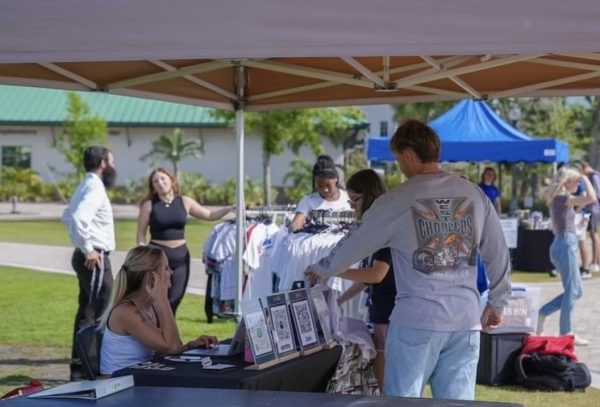
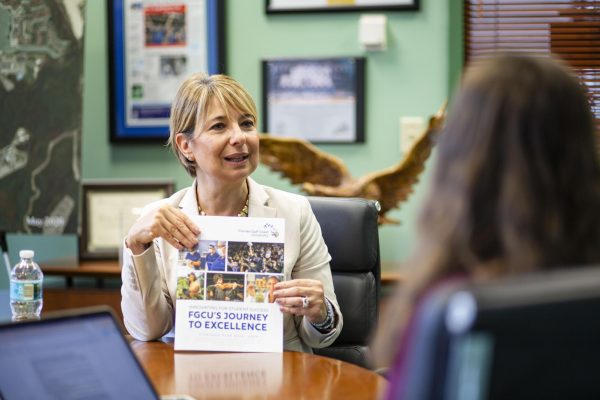
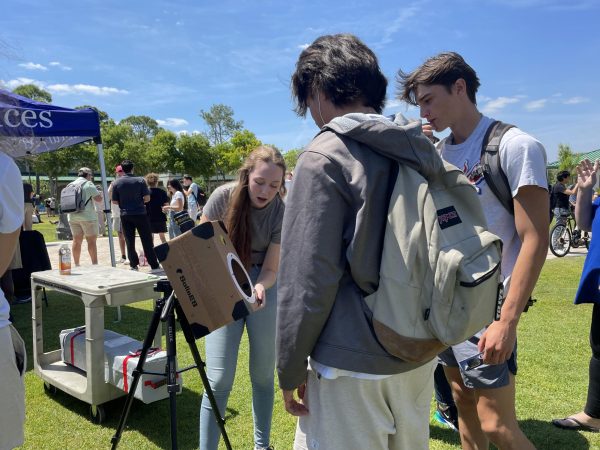
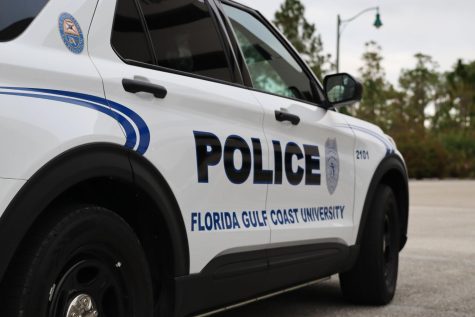

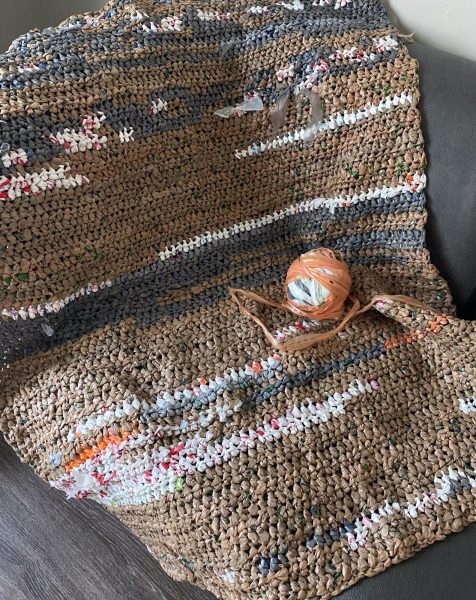
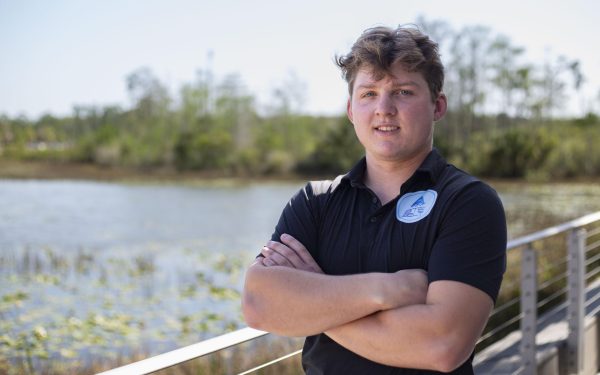
Adele Smith • Sep 26, 2022 at 6:18 pm
What a great initiative FGCU is taking. Great article Hayley.